EU 'studying' Iran's response to proposed text on JCPOA revival: Spokesperson
The European Union confirms that it has received Iran's response to a modified text proposed by the EU aimed at reviving the 2015 nuclear agreement, known as the Joint Comprehensive Plan of Action (JCPOA), saying the bloc is "studying" the reply with parties to the deal and the United States.
Nabila Massrali, a spokesperson for EU foreign policy chief Josep Borrell -- who coordinated talks between Iran and the P4+1 group of countries in the Austrian capital of Vienna -- made the remarks while speaking to IRNA on Tuesday.
"We are studying it and are consulting with the other JCPOA participants and the US on the way ahead," she said.
Late on Monday, Iran said it had provided the EU with its final conclusion on the talks aimed at reviving the JCPOA, emphasizing that it is now the US’s turn to show realism and flexibility if it really wants a final agreement to be reached.
Iranian Foreign Minister Hossein Amir-Abdollahian also said on the same day that if the US shows a realistic and flexible reaction to Iran’s offer, “we would be at the point of agreement,” adding, “The American side has orally agreed to two proposals offered by Iran.”
We are closer to deal than before: Iranian adviser
An adviser to the Iranian negotiating team said the parties to the JCPOA are closer to a final agreement on the deal’s revival than they have ever been.
“I can’t say that there will be a deal, but we’re closer than we’ve been before,” Mohammad Marandi, who is also vice-president for international affairs at the University of Tehran, said in a post on his Twitter account, citing remarks he made in an interview with Aljazeera Arabic.
On Aljazeera Arabic I said that in its response Iran has expressed its concerns, but that the remaining issues are not very difficult to resolve. Those concerns are founded upon past US/EU violations. I can't say that there will be a deal, but we're closer than we've been before. https://t.co/7aw8Sun1an
— Seyed Mohammad Marandi (@s_m_marandi) August 15, 2022
In its response, he added, Iran “has expressed its concerns, but that the remaining issues are not very difficult to resolve.”
“Those concerns are founded upon past US/EU violations,” Marandi tweeted.
Four days of Vienna talks between representatives of Iran and the five remaining parties to the JCPOA to salvage the deal culminated on August 8 with a modified text on the table.
The Vienna talks had resumed on August 4 after several months of impasse, and expert-level negotiations were held between Iran and the P4+1 group of countries.
Iran and the remaining parties to the JCPOA -- Russia, China, France, Britain, and Germany -- started talks in the Austrian capital of Vienna in April last year. While the parties noted progress in multiple rounds of talks, the indecisiveness shown by Washington has prevented any significant breakthrough.
Last month, the negotiations were hosted in the Qatari capital of Doha in a different format, with Tehran and Washington holding indirect talks mediated by the European Union. Those talks also failed to produce any tangible result due to the excessive demands of the US.
Former US president Donald Trump unilaterally withdrew the United States from the JCPOA in 2018 and reinstated the sanctions that the deal had lifted and added new ones.
Ball in US court after Iran’s response: Top Russian negotiator
Russia’s chief negotiator in the Vienna talks, Mikhail Ulyanov, said on Tuesday that the American side must respond to Iran’s response to the EU proposal on the parties’ return to the JCPOA, emphasizing that the ball is now in the US court.
Ulyanov, who also serves as Russia’s Permanent Representative to the International Organizations in Vienna, told Sputnik that the sides may reach an agreement at the beginning of this week.
Yesterday’s developments showed that it can happen, if not this week, then the next week, he added.
He also noted that Iran has expressed its willingness to reach an agreement with the P4+1 group of countries provided that the US accepts three amendments.
The top Russian diplomat emphasized that in case of a positive response, a foreign ministerial meeting would be held soon and an agreement would be concluded and then implemented.
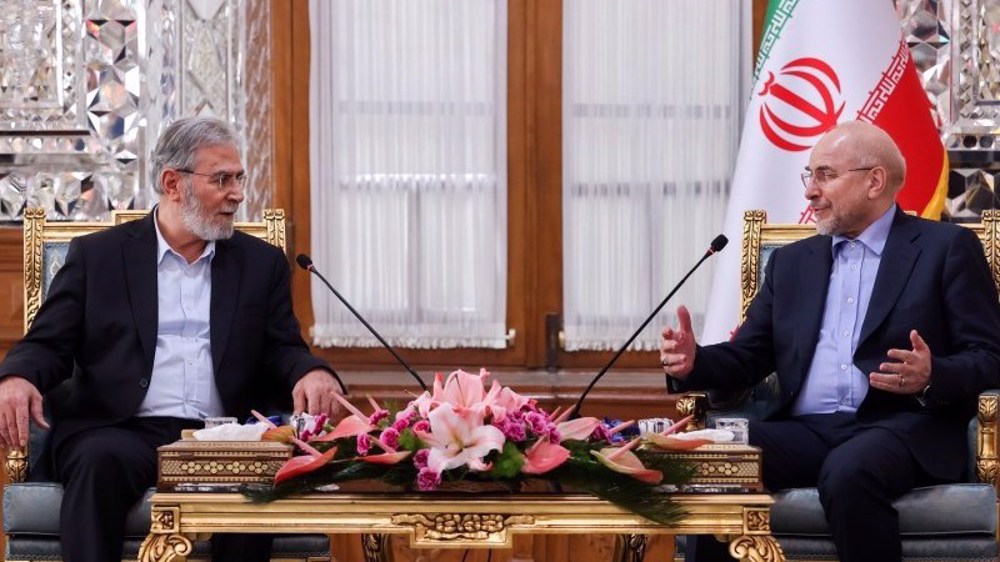
Qalibaf: Resistance achieved ‘strategic, tactical’ victory against Israel
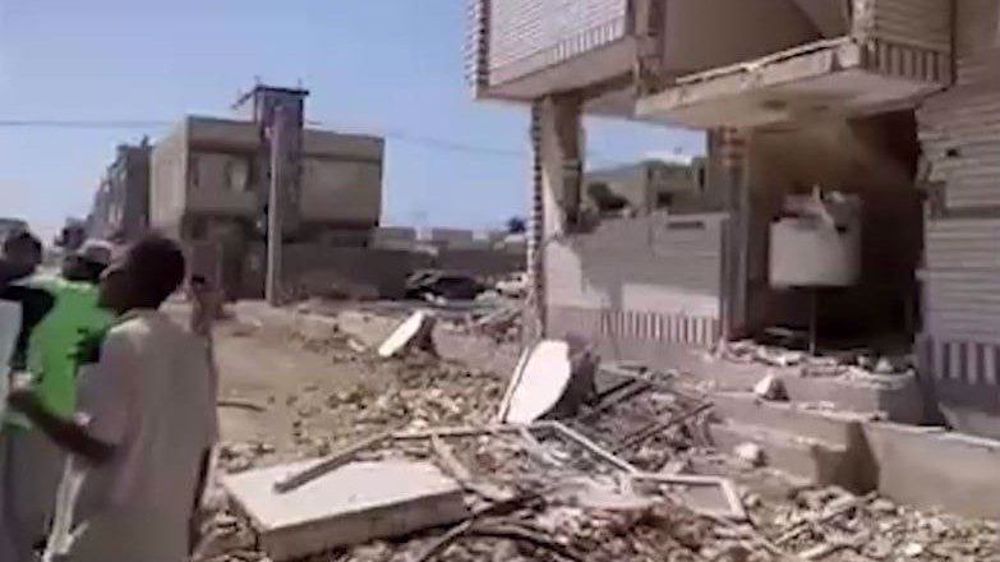
Jaish al-Adl terror group claims responsibility for bomb attack in SE Iran
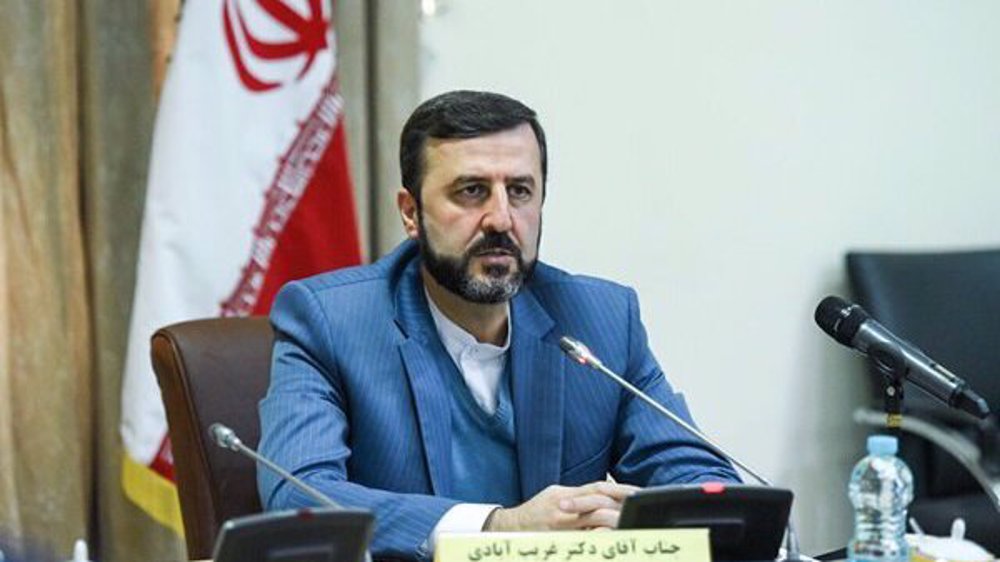
Freed Iranian national to return home after Netherlands rejects US extradition request
Netanyahu: Israel won't allow Hayat Tahrir al-Sham forces in southern Syria
Hezbollah leaders’ historic funeral showed resistance strength: Islamic Jihad
Iran reports surge in air traffic as Austrian, Lufthansa resume flights
VIDEO | South Africans set to lobby government to isolate Israel
IRGC chief: Nasrallah decisive figure in regional equations with global dimensions
VIDEO | Press TV's News Headlines
Netanyahu's son 'exiled abroad for hitting his father': Knesset member
Iran money supply up 28.4% y/y in late January: CBI


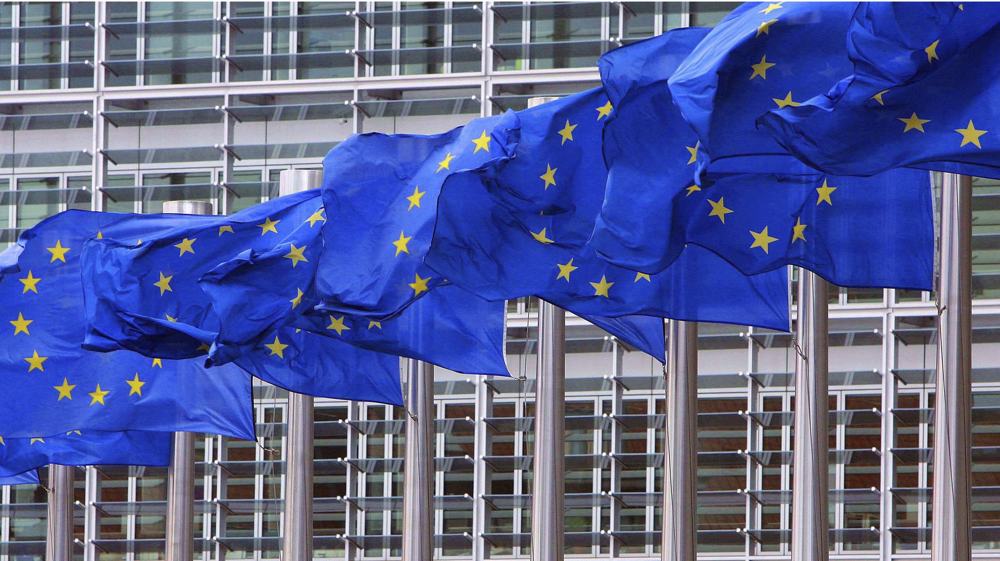
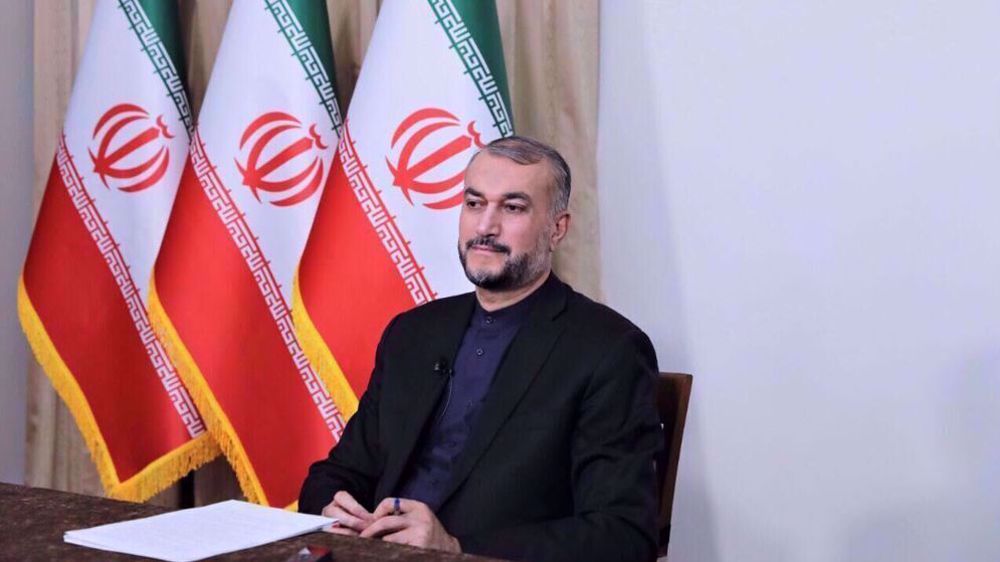




 This makes it easy to access the Press TV website
This makes it easy to access the Press TV website